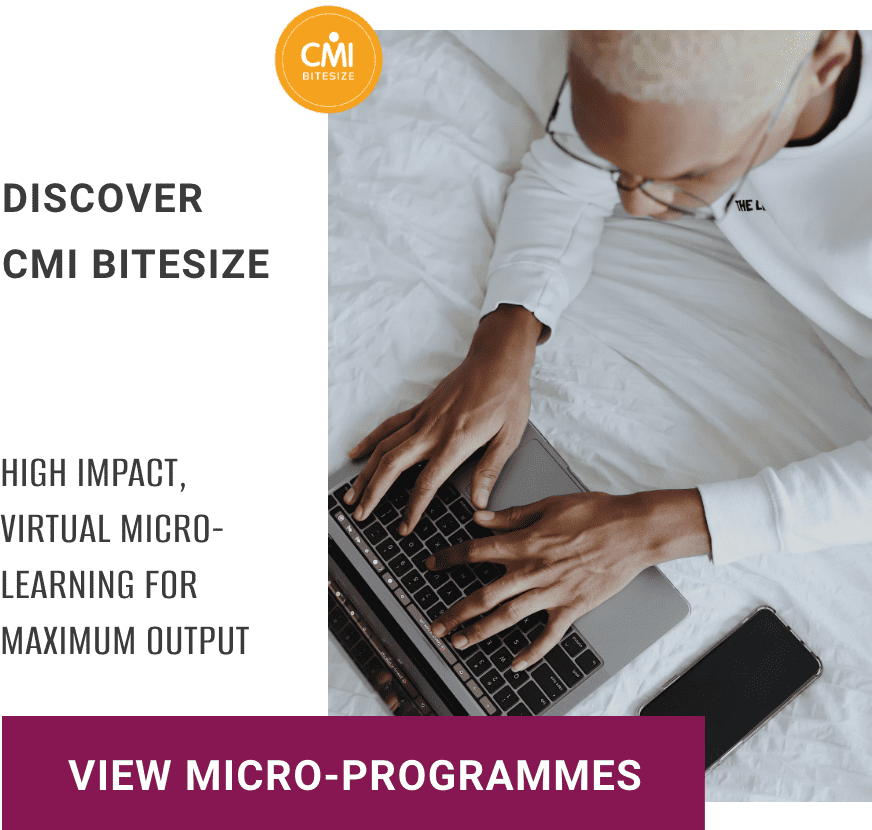
Trust starts with you – Stuart’s Statements
Trust is a behaviour that I am passionate about in the workplace.
There have been numerous circumstances where I have offered my trust to others, and equally, not to others.
Most of the time this decision has been based on gut feel, no scientific approach behind my decision and most of the time my decision has been justified.
Not always though.
One thing I have recently consider when thinking more logically about offering trust, is that it starts with yourself.
There are times when people, including myself set new years resolutions.
I did it this year.
I decided to reduce sweet foods.
So far I’ve done fairly well and I’ve managed to avoid sweet foods as a way of creating healthy eating habits.
I didn’t set myself a task which I knew I wouldn’t be able to maintain – for example, I didn’t commit to running six miles four time per week.
I knew I wouldn’t be able to achieve this with on-going work commitments.
Although realistic I wouldn’t trust myself to this level of commitment.
So, before I can trust others, I need to trust myself and my own judgement.
There was a phrase from a TV programme called ‘The Hustle’ – ‘You can’t con an honest person’.
I understand this thought process and believe it to be the same as trust.
If I can trust myself and then surely, I will demonstrate behaviours where I become trustworthy.
The recent news article of Fiona Onasanya, the Peterborough MP was thrown out of the Labour Party after being convicted of perverting the course of justice.
Her position becomes one of distrusting of others where the fundamental questions is can she trust herself?
The longer prejudice of her own judgement will be questioned for some time I would believe.
In a different circumstance, I recently receive a football fine of £20 for a late match report submission.
This was extremely disappointing as I had never missed a deadline on twelve years.
I could challenge but, in this instance, it was my error, nobody else was to blame.
I was wasn’t under pressure elsewhere to place the blame of give an excuse.
In this example, I’ve confessed the error being mine and have excepted the punishment.
I think this approach, even in the workplace of ownership and accountability builds trustworthiness in others but importantly yourself.
And trusting yourself, your own judgement and taking responsibility of errors has a wider benefit for those that are around you.
Have you witnessed a recent event where yourself and/or others hadn’t taken accountability for their actions and have you witnessed the speed of recovery when you/they have?
This forms the foundation of building trust which must start with yourself to commence with.









